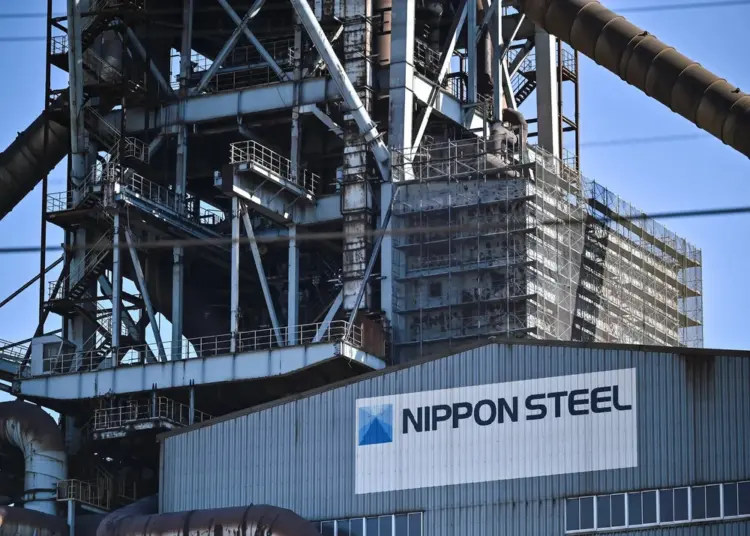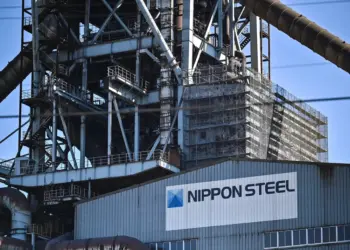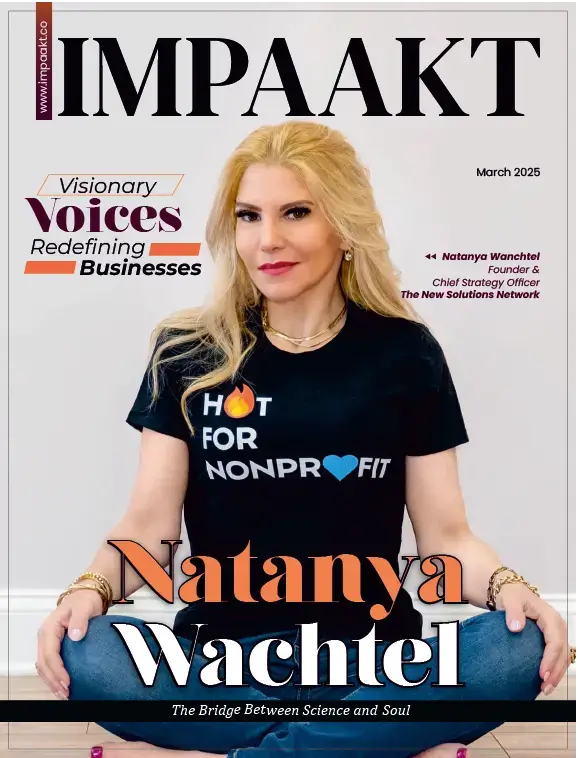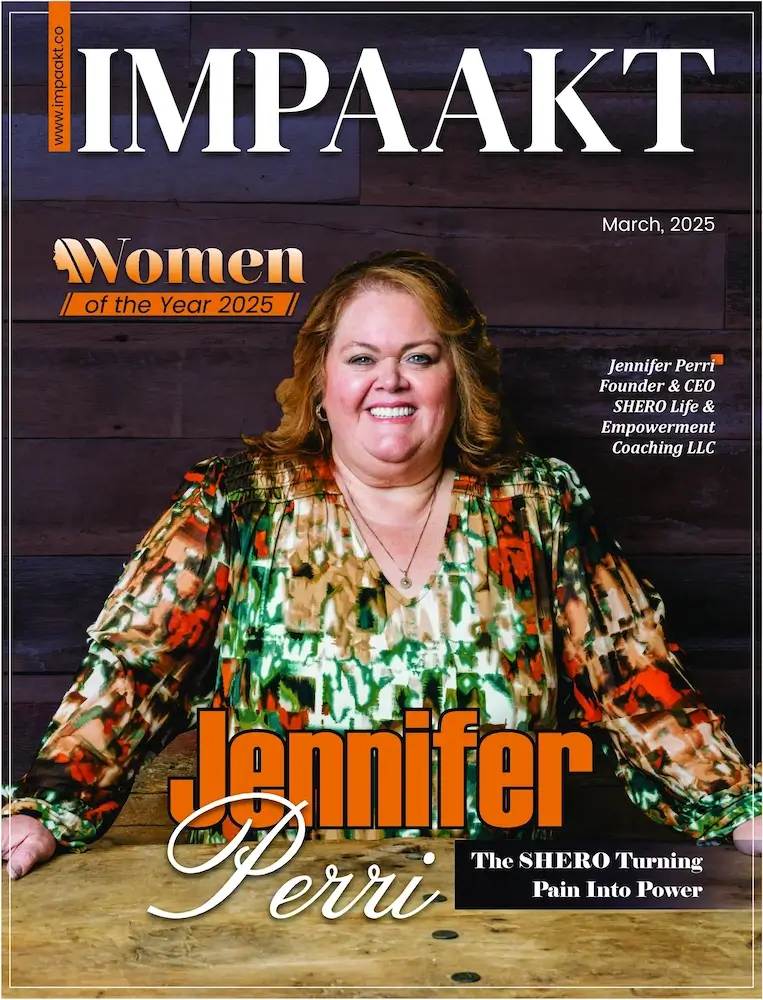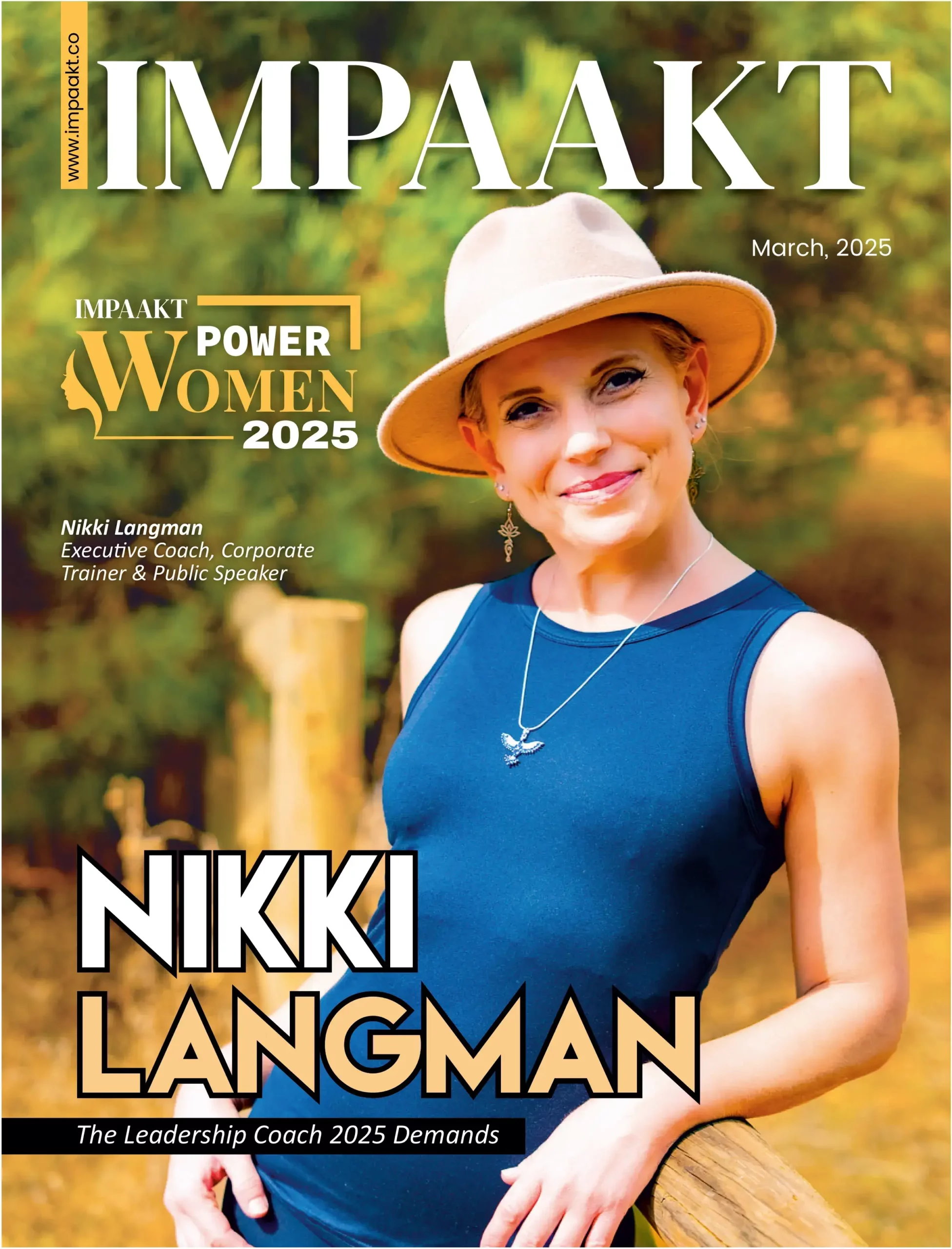In a landmark cross-border acquisition, Japan’s Nippon Steel has officially completed its $14.9 billion takeover of U.S. Steel, capping months of regulatory hurdles and political scrutiny. The deal, first proposed in 2023, was approved after Nippon made significant concessions to address U.S. national security concerns—including granting the federal government a “golden share” that allows direct influence over key corporate decisions.
The acquisition transforms Nippon into one of the largest steelmakers globally and cements its presence in the U.S. market. For U.S. Steel—a 124-year-old industrial icon that has faced persistent financial struggles—the deal offers a much-needed lifeline and the promise of long-term investment.
Under the terms of the agreement, Nippon will pay $55 per share and assume U.S. Steel’s outstanding debt, bringing the total value of the transaction to nearly $15 billion. Additionally, Nippon has pledged to invest $11 billion into U.S. operations by 2028, including funding for a new steelmaking facility.
In a rare move for a foreign acquisition, Nippon agreed to several conditions to secure U.S. approval:
- The U.S. government will hold a “golden share,” giving it veto power over decisions such as shifting production overseas or closing American plants.
- U.S. Steel will retain its name and remain headquartered in Pittsburgh, Pennsylvania.
- Key executive roles—including CEO and the majority of the board—will be held by U.S. citizens.
Former President Donald Trump, who had initially opposed the deal on grounds of national security, reversed his stance after these conditions were met. In an executive order issued Friday, Trump approved the transaction, stating that Nippon’s commitments satisfied his concerns and would protect American steel jobs.
Nippon and U.S. Steel jointly stated that the partnership would preserve more than 100,000 jobs and maintain the company’s identity as an American manufacturing institution.
“This ensures U.S. Steel remains a cornerstone of American industry—mined, melted, and made in the USA,” the companies said.
Despite the green light, opposition remains. The United Steelworkers union, which had previously supported President Joe Biden’s decision to block the deal during his final weeks in office, criticized the final agreement. Union president David McCall acknowledged the “startling degree of personal control” given to the president, while vowing to hold Nippon accountable to its promises.
The deal arrives amid rising protectionism in U.S. industrial policy, with steel at the center of recent tariff increases and political debate. President Trump has doubled down on steel import tariffs—raising them to 50%—as part of his broader “America First” economic platform.
As the dust settles on the acquisition, all eyes will now be on how Nippon navigates its unprecedented agreement with the U.S. government—and whether it can deliver on its promise to revitalize U.S. Steel without compromising American jobs or industrial sovereignty.
